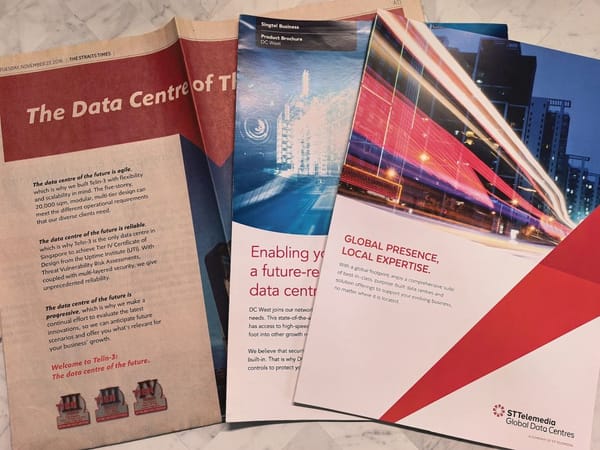Why AI won't save bad writers
Hard realities of writing in the AI-era.

Thinking of using AI to boost your writing? Thing is, AI won't save bad writers. Here are four realities you must know before you start.
Remember when ChatGPT was released? Overnight, LinkedIn was flooded with AI experts and prompt pack downloads.
I've been experimenting with AI since. I treat it as a tool to enhance my craft, applying it across everything I write:
- Daily LinkedIn posts.
- My weekly newsletter.
- EDMs, reports, white papers.
- Editorial content for publications.
Here are the realities you need to know.
Fuzzy thinking becomes AI sludge
The line between brilliant prose and AI sludge is the difference between knowing what you want. If you don't know what to say, AI often worsens it.
Why? Because AI amplifies disjointed ideas and muddled thinking. Prompting for help can backfire, as we get anchored to what we see first - you think it's your idea. It's not.
If you can't write it, you can't guide it
You can't prompt your way past your own limitations. Ever mentored an intern at work? Simply put, you can't help the intern produce work that you yourself cannot do.
AI won't save bad writers
Great prompting won't give you an advantage for long: AI will get better at figuring out what you want, and everyone will have access to it.
This means your success depends on your core skills. Good writers using AI will leap ahead. Bad writers, even using AI, won't stand a chance.
Not all AI models are the same
Finally, not all AI models are equally capable. Some are better at editing; others are better at writing strong prose. And this won't stay static as AI models continue to improve.
My question today: When everyone has access to the same AI tools, what will set you apart?



